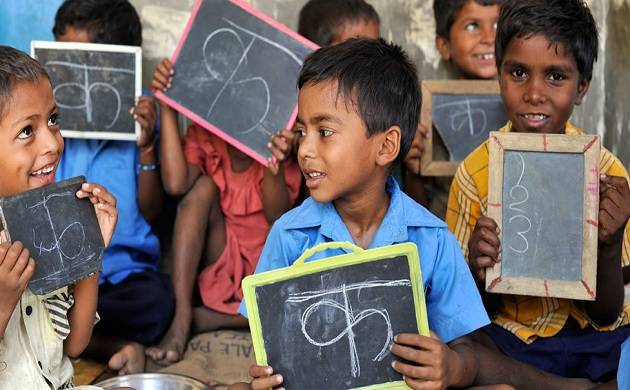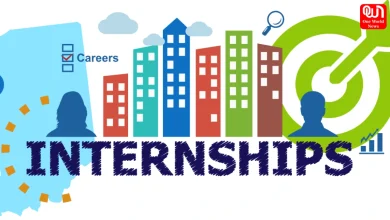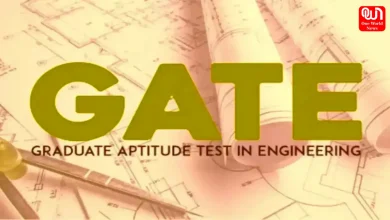World Students Day: Analysing how the new Educational Policy will help Students

How the New Education Policy is going to benefit the students?
World Students Day is celebrated every year on 15th October across the world to celebrate the birth anniversary of India’s former President and scientist Dr APJ Abdul Kalam. It was first celebrated by the United Nations in 2010 when the ‘Missile Man of India’ was alive and of 79 years of age.
On this day, the citizens of India honour the most loved President of India who was a scientist, an author, and a teacher. He spent almost 4 decades as science administrator and scientist, mainly at ISRO and DRDO.
The day is also celebrated to honour the students across the world for their dedication, hard work and determination. ‘Learning for people, planet, prosperity, and peace’ is the theme of World Students Day 2020. We are taking this day as an opportunity to analyse if the National educational Policy 2020 is going to help students.
Read more: Sarva Shiksha Abhiyan has increased children enrollment but lacks in quality education

How new education policy will help students
The National Education Policy (NEP) 2020 aims to make schooling available to every student and it is estimated to bring around 2 crore school students back to educational institutes through this approach.
As per the NEP 2020, 5+3+3+4 structure will replace the existing 10+2 structure which is focused on student’s formative years of learning. The 5+3+3+4 structure corresponds to ages from 3 to 8 years, 8 to 11 years, 11 to 14 years and 14 to 18 years.
A National Curricular and Pedagogical Framework for Early Childhood Education and Care will be developed and designed by NCERT for children up to the age of 8 years.
The Education Ministry is to set up a National Mission on Foundational Literacy and Numeracy and the responsibilities will be given to states. It is scheduled to be completed by the year 2025.
National Book promotion Policy will be formed. The board exams for class 10 and 12 will continue but the National Educational Policy 2020 aims to re-design the structure with holistic development.
An Academic Bank of Credit will be established under the new education policy. These credits can be counted once the student gets the final degree.
Earlier, schooling was mandatory for kids aged between 6 and 14 years, but now the age is changed to between 3 and 18 years
There will be no stiff separation between science and arts, between extra-curricular and curricular activities, between academic and vocational streams. It would give freedom to students to choose subjects across streams. Vocational education in school will now start from the 6th grade and will include internships.
The undergraduate degree will now either be of a three- or four-year duration and there would be an option of multiple exits. Colleges will have to give a certificate after successful completion of one year in any field or discipline, including professional and vocational areas. MPhil would be discontinued; this would enable Masters’ students to get a PhD.
An SAT-like college test in the USA – The National Testing Agency (NTA) will conduct a common college entrance exam every year on two occasions in India. The NEP 2020 also suggests a cap on the fee charged by higher education private institutions. Known global universities will be facilitated to come to India and Indian institutions will be encouraged to go global.
What are the limitations of National Educational Policy?
Introducing mother language for each subject in academic institutes is a problem as the teacher to student ratio is not so good in the country. It would be difficult to find a competent teacher to teach in mother language.
Because students can get his/her diploma in 3 years, they might get encouraged to leave the course midway as the graduation will take 4 years to complete.
The NEP 2020 suggests that private school’s students will be introduced with English in comparison to the students of the Government schools. The academic syllabus will be taught in the respective regional languages in the Government school. This might increase the number of students who are uncomfortable in communicating in English thus the gap between sections of the societies will increase.
Have a news story, an interesting write-up or simply a suggestion? Write to us at info@oneworldnews.com







